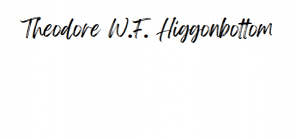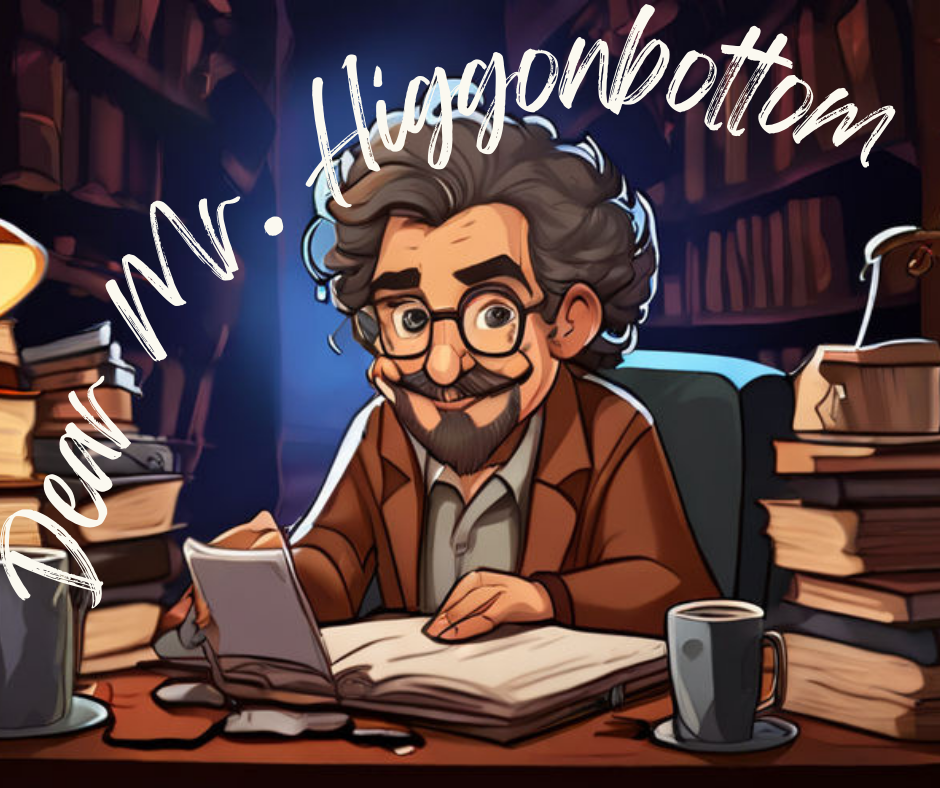How Do Ghostwriters and Authors Resolve Creative Differences?
December 3, 2024
Dear Mr. Higgonbottom,
When ghostwriting a book, how do you resolve creative differences with the book’s author?
Dear Reader,
Ghostwriting a book is a complex, collaborative process. As the ghostwriter, you’re translating the elements of your client’s story into a compelling narrative, and it’s your job to maintain the integrity of that narrative. Like any close relationship, ghostwriting requires trust, communication, and compromise.
Even with a clear plan, outline, and guidelines in place, disagreements are likely to arise during the process. Here are some tips for managing creative differences and staying true to the project objectives.
Have a unified vision for the project.
Before you start, agree on the “why” for the project: why does your client want to write this book? What are the “big picture” main objectives of the book? What are the major story elements that must be included to support the vision for the project?
Have a clear outline in place ahead of time to guide the development of the project. Working out the main beats of the story before you start ensures you have a solid foundation for the book, a roadmap to follow, and a common point of reference when differences arise.
Establish clear, direct communication.
As the ghostwriter, you must communicate honestly with your client, even—especially— when he or she doesn’t agree with your point of view. You should both feel free to give your honest opinions, and by the same token, be open to feedback you may not agree with. Tactful, respectful communication is crucial for addressing creative differences.
Respect different perspectives.
Avoid dismissing or criticizing an idea you don’t agree with. Instead, make the effort to understand your collaborator’s point of view, what they’re trying to achieve, and why. Practice empathic listening and acknowledge their points. As Stephen R. Covey wrote in his classic The Seven Habits of Highly Effective People “Seek first to understand, then be understood.” Ask clarifying questions like, in what way do you think this supports the story we’re telling?
Keep an open mind.
Remember that negative feedback or criticism is never personal and not a reflection on your writing. Avoid being defensive. Consider how the feedback might make the book/story better. Be open to creative options you might not have considered.
Be clear about your rationale.
Whether an idea is yours or your collaborator’s, be prepared to explain why you want to make a particular choice—why a certain scene or event should or shouldn’t be in the story, for example. How does it strengthen or weaken the narrative? How does it serve the mission of the book, or not?
Be willing to compromise.
It can be helpful to remember that your collaborator is the expert on their story, and you are the expert on the writing. Respect each other’s expertise and find areas of agreement. Look for ways to accomplish your shared objectives that are acceptable to both of you. Compromise is a necessary part of the creative process.
This piece offers a fascinating inside look at how celebrity ghostwriter J.R. Moehringer resolved some of his creative differences with Prince Harry during their collaboration on the bestselling memoir Spare.
Happy collaborating!
































